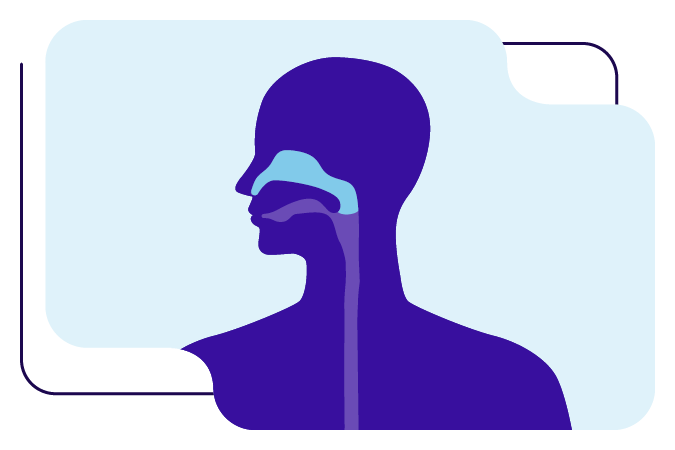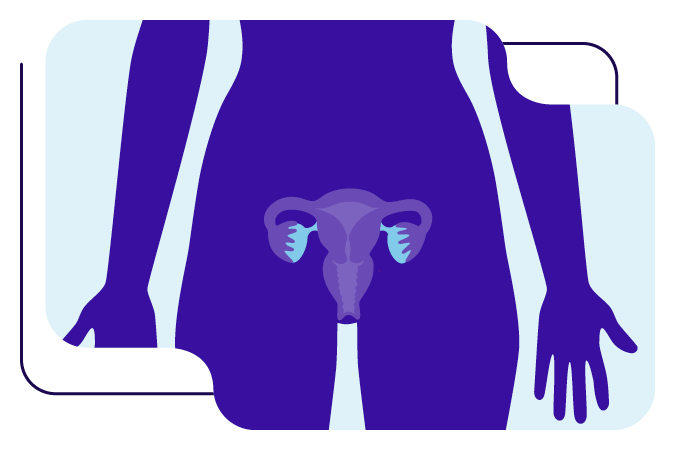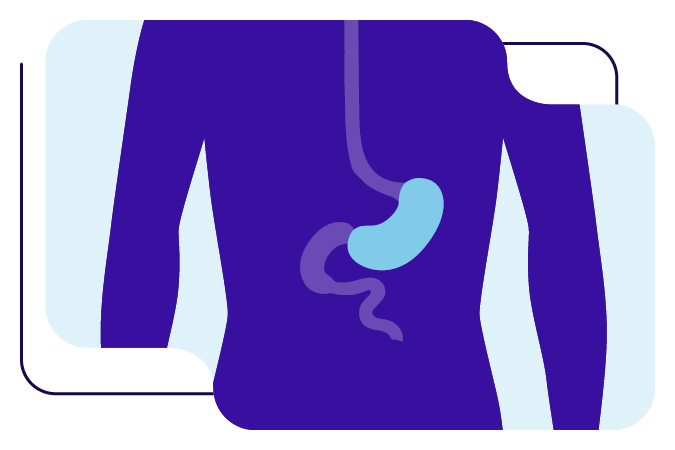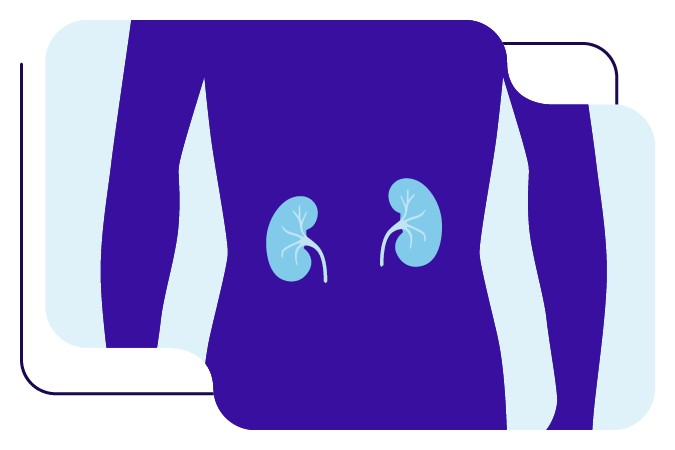Nasopharyngeal cancer
What is nasopharyngeal cancer? Find out how common it is, the causes, and expert advice on how to reduce your risk.

On this page
What is nasopharyngeal cancer?
The nasopharynx connects the back of your nose to the back of your throat. It allows you to breathe through your nose and swallow mucus produced by the lining of your nose.
Nasopharyngeal cancer is a type of head and neck cancer – visit our head and neck cancer page for information on cancers of the mouth, pharynx and larynx.
How common is nasopharyngeal cancer?
Nasopharyngeal cancer is very rare in the UK but it is more common in some racial and ethnic groups, for example people of Chinese origin. We have strong evidence that certain types of salted fish, some of which are more common in Chinese diets, are a cause of nasopharyngeal cancer.
Nasopharyngeal cancer is the 22nd most common cancer in the UK (2021 data), and the 23rd most common in the world (2022 data).
Men
Nasopharyngeal cancer is the 19th most common cancer in men in the UK, and the 19th most common in men globally.
Women
Nasopharyngeal cancer is the 21st most common cancer in women in the UK, and the 22nd most common in women globally.
| Region | Cases | Year |
|---|---|---|
| UK | 232 | 2021 |
| World | 120,434 | 2022 |
What are the symptoms of nasopharyngeal cancer?
Many people with nasopharyngeal cancer don’t have any symptoms until the cancer advances.
Find more information on nasopharyngeal cancer symptoms on the NHS website.
What causes nasopharyngeal cancer?
There are many different things that affect your risk of nasopharyngeal cancer.
Evidence for what can cause nasopharyngeal cancer comes from large population studies (called epidemiology) and biological studies (where scientists look at cells in a laboratory).
If the risk factors below affect you, this doesn’t necessarily mean that you will develop nasopharyngeal cancer.
Salted fish
Eating Cantonese-style salted fish is a cause of nasopharyngeal cancer.
This means that people who eat a south-east Asian diet are at a higher risk of nasopharyngeal cancer.
Smoking
Smoking tobacco is a cause of nasopharyngeal cancer. About 23% of cases are caused by smoking.
Epstein-Barr virus
Epstein-Barr virus (EBV) infection is a cause of nasopharyngeal cancer. However, only a fraction of people infected with EBV develop nasopharyngeal cancer.
Occupational exposure
Occupational exposure to wood dust and formaldehyde is a cause of nasopharyngeal cancer.
Gender
Men are more likely to develop nasopharyngeal cancer than women. This is likely because of smoking and exposure to other risk factors rather than gender in and of itself.
Age
Older people are more at risk of developing nasopharyngeal cancer.
Other risk factors
Our Expert Panel of scientists has also looked at other things that may be linked with the risk of nasopharyngeal cancer. The evidence for the risk factors listed below is limited, and we do not recommend that you change your behaviour only on the basis of these risk factors. There is some evidence that:
- red meat may increase the risk of nasopharyngeal cancer.
- processed meat may increase the risk of nasopharyngeal cancer.
- preserved non-starchy vegetables may increase the risk of nasopharyngeal cancer.
- eating more non-starchy vegetables may decrease the risk of nasopharyngeal cancer.
For scientists: full references, pathogenesis and a summary of the mechanisms underpinning our findings on how to prevent nasopharyngeal cancer can be found in our 2018 Diet and Cancer Report.
Reduce your risk of nasopharyngeal cancer
Following our Cancer Prevention Recommendations reduces your risk of nasopharyngeal cancer. If you have been diagnosed with cancer, following our Recommendations can reduce the risk of cancer returning.
Don’t smoke
You can reduce your risk of nasopharyngeal cancer by not smoking. If you do smoke, giving up smoking will reduce your risk.
In the UK, the NHS stop smoking service can help you quit.

Nasopharyngeal cancer survival
Our Living with cancer section can help if you are living with nasopharyngeal cancer.


